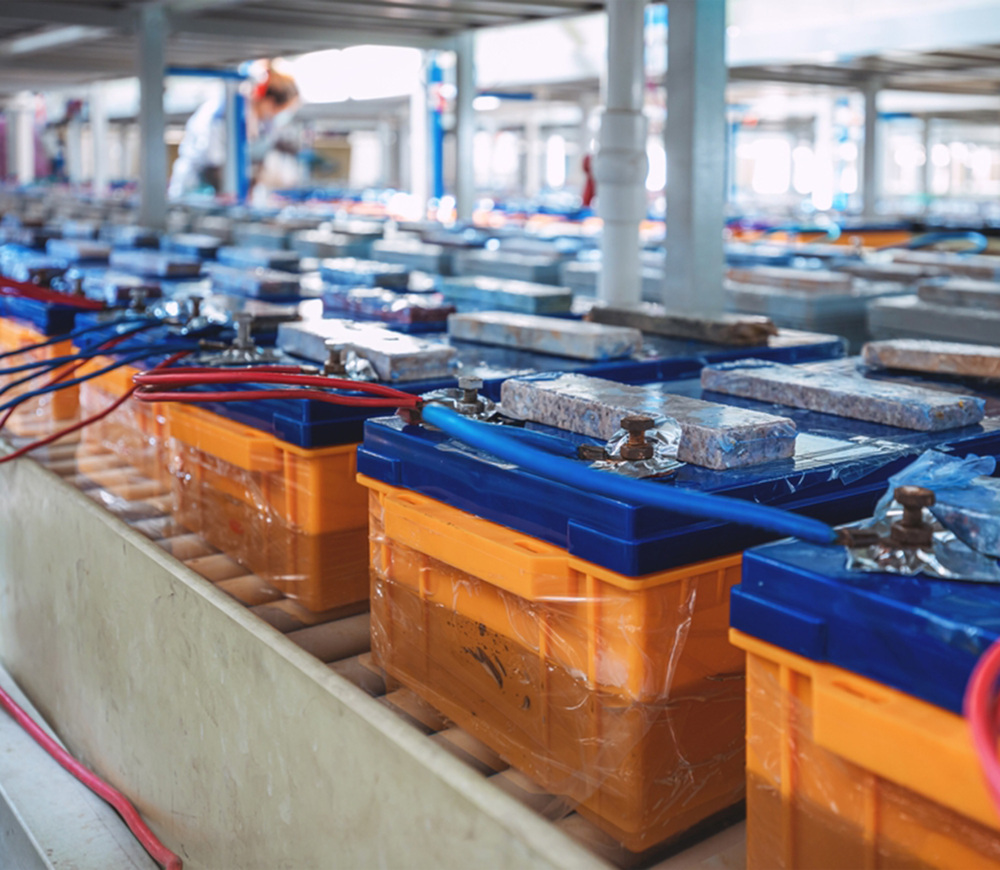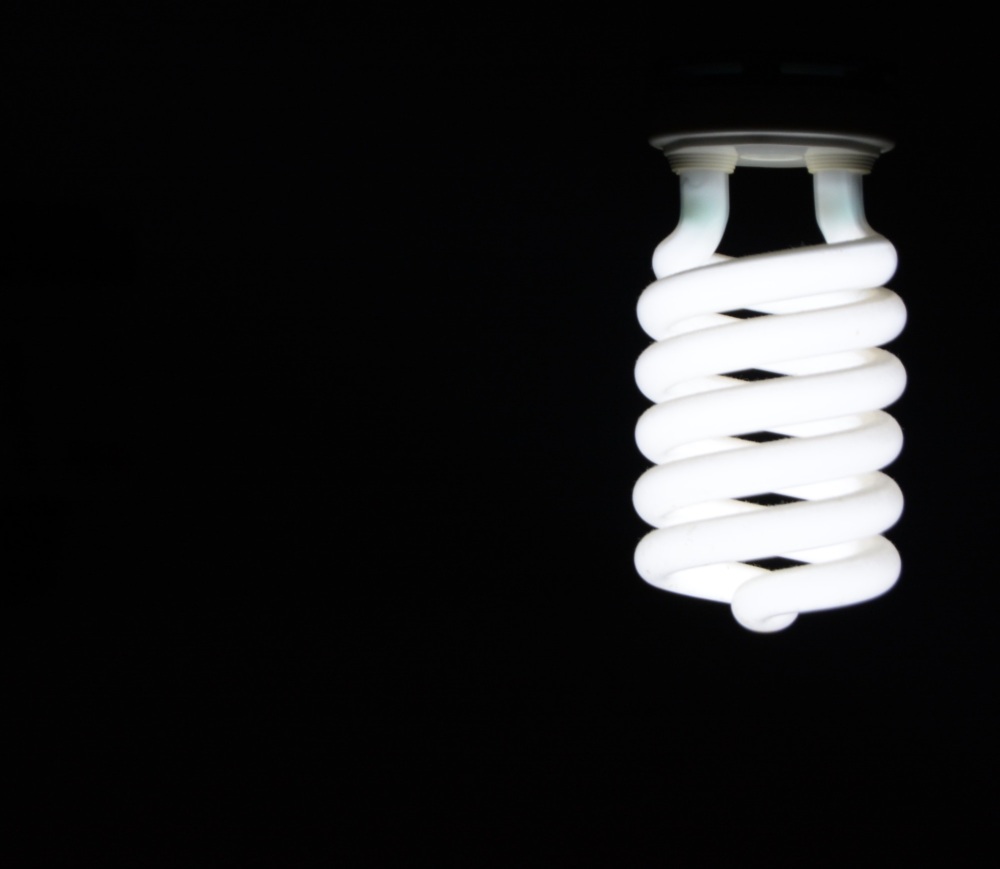Efficient Permanent Magnet Motors Can Change the Way We Deliver Energy Access
A new report from Efficiency for Access offers the first comprehensive analysis of efficient motor applications in off-grid and weak grid appliance markets.

Appliances powered by efficient permanent magnet motors use 22-42% less energy than appliances using conventional alternating current motors.
“Electric motors play a role in the delivery of clean and energy services around the world, powering everything from fans to water pumps to vehicles. Further improvements to performance, price, and efficiency can deliver tremendous benefits to un- and under-electrified households and businesses around the world.”
– Stephen Pantano, Chief Research Officer
As the ‘primary movers’ in many appliances, motors determine the capabilities, power demand, energy consumption and, reliability of most off-grid appliances. CLASP, on behalf of Efficiency for Access, has published the first comprehensive analysis of efficient motor applications in off-grid and weak grid appliance markets. Appliances using permanent magnet motors (PM motors) use between 22-42% less energy than those using conventional alternating current (AC) motors. These savings deliver significant benefits to consumers and growth opportunities to the market.
A household switching from conventional AC motor appliances to PM motor appliances will save 30% in the net cost of their solar energy system, even after accounting for a 20% price premium, the report finds. When coupled with higher-capacity PV panels, the energy savings from PM motor appliances would enable a household to charge a 2- or 3-wheeled vehicle and virtually eliminate its operating cost.
In addition, PM motor appliances have the potential to drive greater sales of solar energy systems and appliances in off- and weak-grid markets. By using PM motors, product suppliers can offer higher-functioning products with expanded features (e.g., quieter washing machines and fans, and improved low voltage operation to allow solar water pumps to deliver better performance on overcast days). Finally, PM motor appliances are more reliable than conventional appliances, an important attribute for appliances designed for use in off-grid or rural environments. Together, these unique features can improve consumer satisfaction in off- and weak-grid markets and drive greater willingness to pay for better-performing appliances.
Despite their potential, PM motors are not yet the prevailing motor technology used in most appliances. Fifty-seven percent of the appliance types assessed in South Asia and 71% of those assessed in Sub-Saharan Africa have a market penetration rate of less than 50%. However, current sales data indicate PM motors have the potential to gain increasing market share by 2025, with the largest projected growth in solar water pumps, refrigerators/deep freezers, and 2- and 3-wheeled vehicles.
To ensure the adoption of PM motor appliances in off- and weak grid markets, additional steps can be taken to drive technology innovation and incentivize their use. According to the report, efforts to standardize product designs, leverage local manufacturing, provide incentives/subsidies, and increase awareness of the benefits of PM motor appliances can help drive additional demand and help PM motor appliances scale over the long term.
To learn more about PM motor benefits, current market barriers, and opportunities to catalyze growth, download the full report.
—
The Benefits of Permanent Magnet Motors: Efficiency Opportunities in Off- and Weak Grid Markets was developed by pManifold in collaboration with CLASP and the Energy Saving Trust on behalf of Efficiency for Access.








